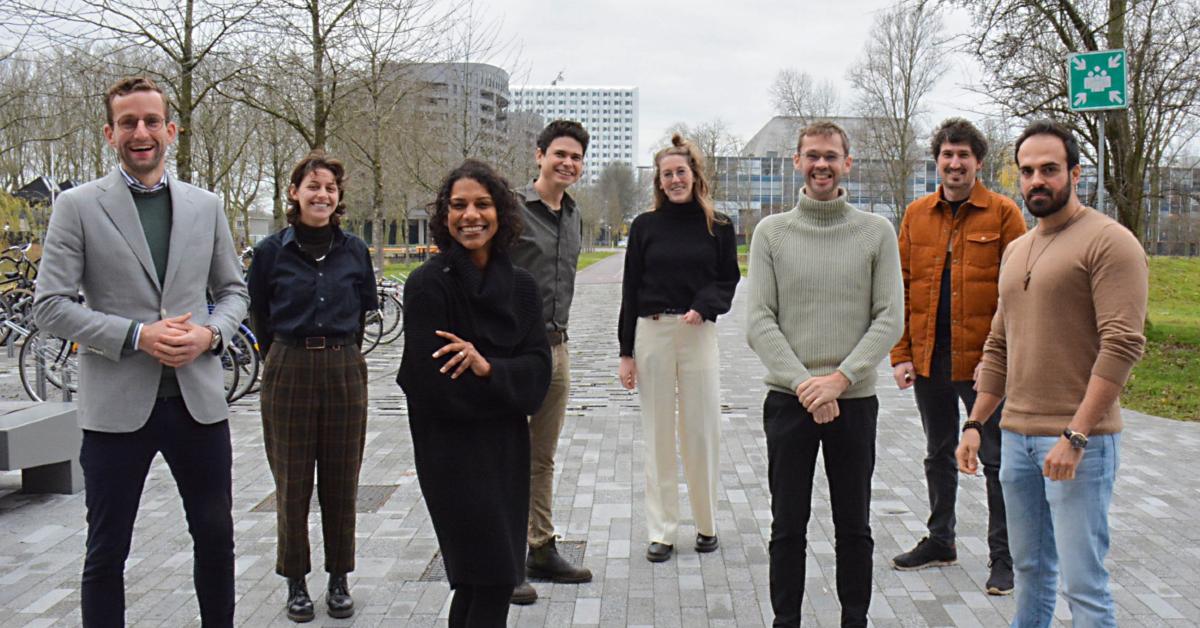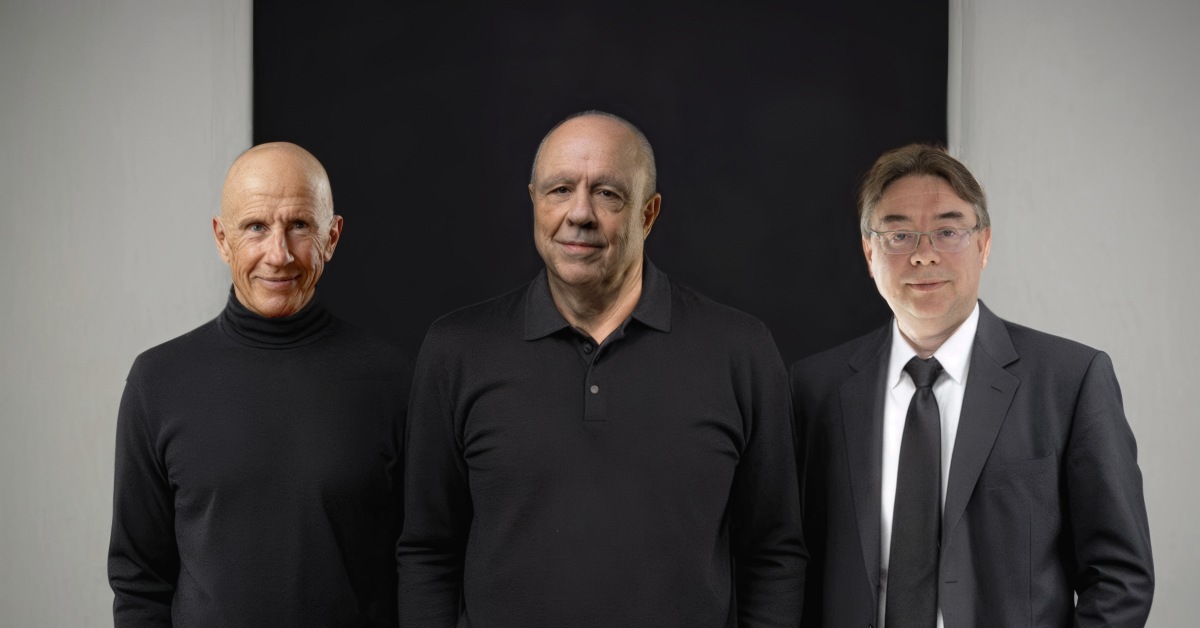Madrid-based Cabify, a ride-sharing company, announced on Tuesday that it has secured $110M (approximately €101.56M) in funding to accelerate its strategic plan for profitable growth and sustainable mobility.
In December 2022, Cabify received a loan of €40M from the European Investment Bank (EIB) to decarbonise its fleet of vehicles in Spain by increasing the availability of new electric vehicles and charging infrastructure across the country.
For this project, Cabify said it will carry out a total investment of around €82M and will reach its next milestone in Q1 2023 with a request for proposals for the procurement of cars and the establishment of the charging infrastructure.
Investors include Orilla Asset Management, an investment company owned by Francisco Riberas’ direct family, and AXIS through Fond-ICO Next Tech, among others.
Juan de Antonio, CEO of Cabify, says, “This commitment from strategic investors is a recognition of Cabify’s positive impact and potential to continue creating long-term value for our investors and the cities in which we operate.”
“These are partners who share our vision for the sustainable mobility industry and will enable us to accelerate the delivery of our strategic plan.”
Growing more profitably in Spain and Latin America
Cabify has proven over the past few years that it can produce its own resources and create a strategy for business and mobility change that focuses on profitable development.
The company’s turnover in 2022 is already 24 per cent higher than in 2019, and 32 per cent higher than in 2021, which serves as an anticipated preview of its financial results.
Juan de Antonio says, “the project is experiencing a stage of maturity and sustainable growth that is unique in its sector. Our goal is to accelerate our strategic plan, and, in the coming years, we expect Cabify to significantly increase in revenue volume and profitability.”
In the following three years, the company wants to increase sales by three times.
Capital utilisation
With the new funds, Cabify says it will expand to more than 25 locations in Latin America and Spain, among other projects, and raise its market share in the nations where it operates. The company’s expansion targets include cities with more than 200,000 inhabitants.
At the end of 2022, when the ride-sharing app Beat was shut down in Latin America, Cabify and Beat closed their cooperation deal, establishing Cabify as the preferred mobility option for both drivers and customers. This collaboration resulted in “extraordinary” results.
Now with the new resources, Cabify will be able to maximise the benefits of this alliance and further enhance regional mobility.
Additionally, the company will also keep investing in new business ventures like Cabify transportation, a division created to revolutionise business transportation requirements.
Cabify’s sustainable business strategy
Cabify’s dedication to cutting down emissions from transportation is among its top priorities for the upcoming years. By 2025, all trips conducted on the platform of the multi-mobility company must take place in zero-emission cars in Spain, and by 2030, throughout Latin America.
Both regions are implementing electrified transportation initiatives through partnerships with manufacturers and the creation of categories that only include electric cars (plug-in hybrids, electric vehicles, etc.).
With more than 1,000 workers in Spain and Latin America, Cabify claims it has been revolutionising urban mobility for more than 11 years.
Currently, the company has 42 million registered customers, works in 7 nations and over 40 locations, and has 1.2 million cooperating drivers and cab drivers.
About Cabify
The company was founded in 2011 by Juan de Antonio Rubio. It is a multi-mobility platform that connects private users and companies with the means of transport that suit their needs.
Through its platform and mobile application, Cabify runs its ride-hailing service, matching demand for trips with the supply of for-hire automobiles.
Users can communicate with their driver and get information on the waiting line, the route’s length, and the precise cost of the journey using the mobile app.
Besides, Cabify is also a member of the UN Global Compact and stands out for its commitment to talent and the local ecosystem, generating high-value jobs and declaring 100 per cent of its activity in each country.
In 2018, the company became the first carbon-neutral platform in its sector and since then, it has been globally offsetting its emissions and those of its passengers and meets an annual reduction commitment.










01
From telecom veteran to Dutch Startup Visa success: The Jignesh Dave story